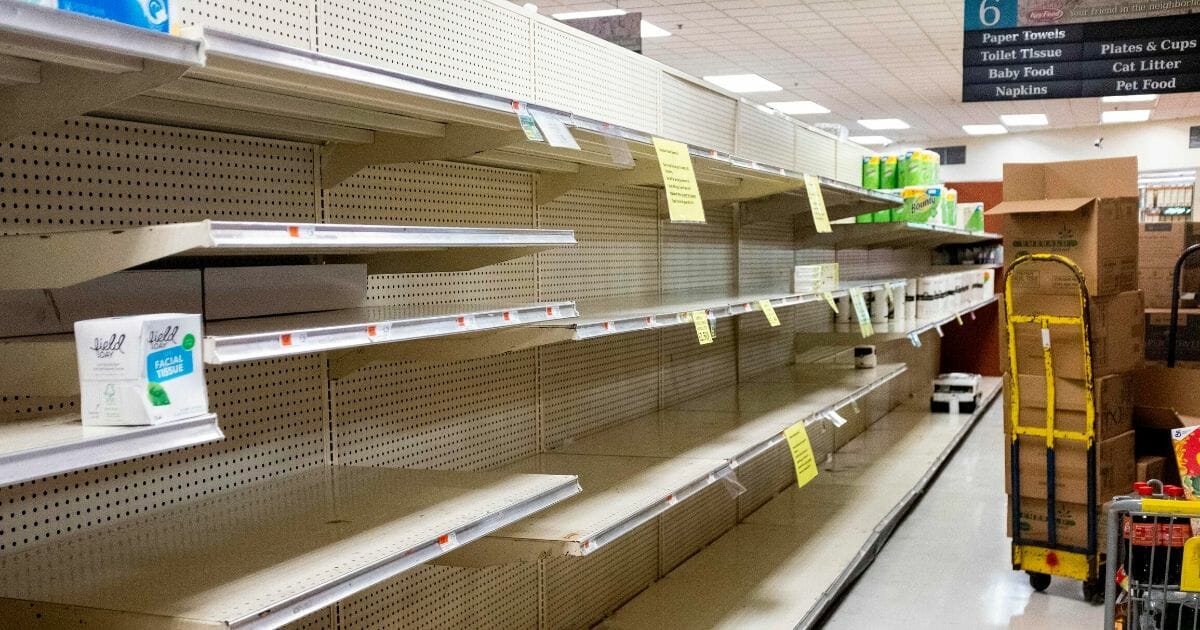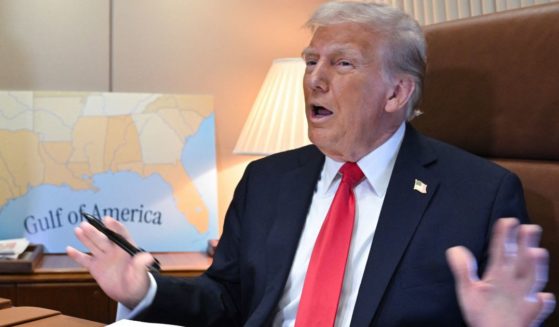
Walter Block: Is the Coronavirus the Fault of Government?
Yes, the coronavirus is indeed the fault of government, both specifically and in general.
It is government’s self-assumed responsibility, through its vast regulatory bureaucracy, to maintain the safety of food and drugs. Yet the Chinese government did not prohibit the so-called “wet markets” in which meat from both domestic and wild animals was exhibited and sold cheek by jowl, likely engendering the virus.
Second, this state apparatus arrested physician Li Wenliang, an ophthalmologist, for warning about the dangers of the spreading virus. This is not a misprint, nor a typographical error: The Chinese government considered it a crime for a doctor to do the very job for which he was trained to do, and was morally obligated to do. Unhappily, this hero of mankind recently perished from this dreaded disease.
What is the general case?
Governments, on average, take roughly half the world’s GDP from those who earn it. Mostly, they waste it on the proverbial “monuments, Mercedes and machine guns.” The first need not refer to a statue of the dictator; it also includes steel mills or national airlines, which cost a multiple of the world price for their products or services.
The Mercedes refers to graft; isn’t it amazing that leaders on fixed salaries often end up with wealth at the end or their careers greatly in excess of what could be amassed legally? It is no accident that some of the richest counties in the U.S. are located in the environs of Washington, D.C. And we all know what the “machine guns” stands for. If governments did not rob us in this manner, we would be twice as wealthy as we now are.
With “their” half of our productivity, they engage in severely regulating us in terms of minutia such as size of toilet bowls, types of ladders, compelling scads of needless paperwork, etc. If government bureaucrats ceased and desisted from these uneconomic activities of theirs, we might be four times as rich as at present.
Does this mean, unambiguously, that under full free enterprise, with quadruple our wealth, the coronavirus would be wrestled to the ground? Not at all.
But “wealthier is healthier.” Perhaps, instead, cancer or heart disease would have been cured. And, maybe, just maybe, the scientist who could conquer the coronavirus would have been saved from these other illnesses and enabled to do just that. Here we are in the realm of mere speculation.
But, presumably, 100 years from now, if we do not blow ourselves up before then, when we are quadruply richer than at present, some diseases or other will have been rendered powerless.
Does it logically follow, assuming the above to be correct, that therefore the government should step aside and allow private enterprise to take over the role of safeguarding us from the coronavirus? Some would make this very case.
The government, inefficient as it is, has one advantage over the marketplace: naked coercion. If it desires, it can marshal funds in any direction it wishes, massive amounts of it, immediately if not sooner. We see evidence for this contention in the fact that the Chinese government was able to build hospitals from scratch, accommodating thousands of patients, in a matter of almost days — not even weeks.
On the other hand, the free enterprise system can also amass vast amounts of funds through stock markets. If the stock exchanges of the world were not as heavily regulated as they are, and if the coronavirus proves to be even more serious than present rates of spreading disease and deaths indicate, that might prove to be an even better way of addressing this scourge.
How else does the government interfere with our health in this regard?
It prohibits price gouging. Under laissez-faire capitalism, prices of masks, hand cleansers, hand wipes, etc., would go through the roof when under sudden increases in demand as at present. This would have two salutary effects.
One, it would call forth more supply. The lure of gargantuan profits is not to be underestimated. And, of course, with more of these items available, prices will come tumbling down. Not allowing so-called price gouging is akin to imposing decibel controls on hikers lost in the woods.
Two, people at the front of the queue in grocery stores would not be tempted to hoard these items and other necessaries. They would act as if guided by Adam Smith’s “invisible hand” to be more considerate of those at the back of the waiting line.
But politicians, bureaucrats, statists of all type and variety in their infinite wisdom have disregarded these market safeguards with their threats to penalize and even imprison price gougers.
They really ought to enroll in some courses in microeconomics 101.
The views expressed in this opinion article are those of their author and are not necessarily either shared or endorsed by the owners of this website. If you are interested in contributing an Op-Ed to The Western Journal, you can learn about our submission guidelines and process here.
Truth and Accuracy
We are committed to truth and accuracy in all of our journalism. Read our editorial standards.
Advertise with The Western Journal and reach millions of highly engaged readers, while supporting our work. Advertise Today.












